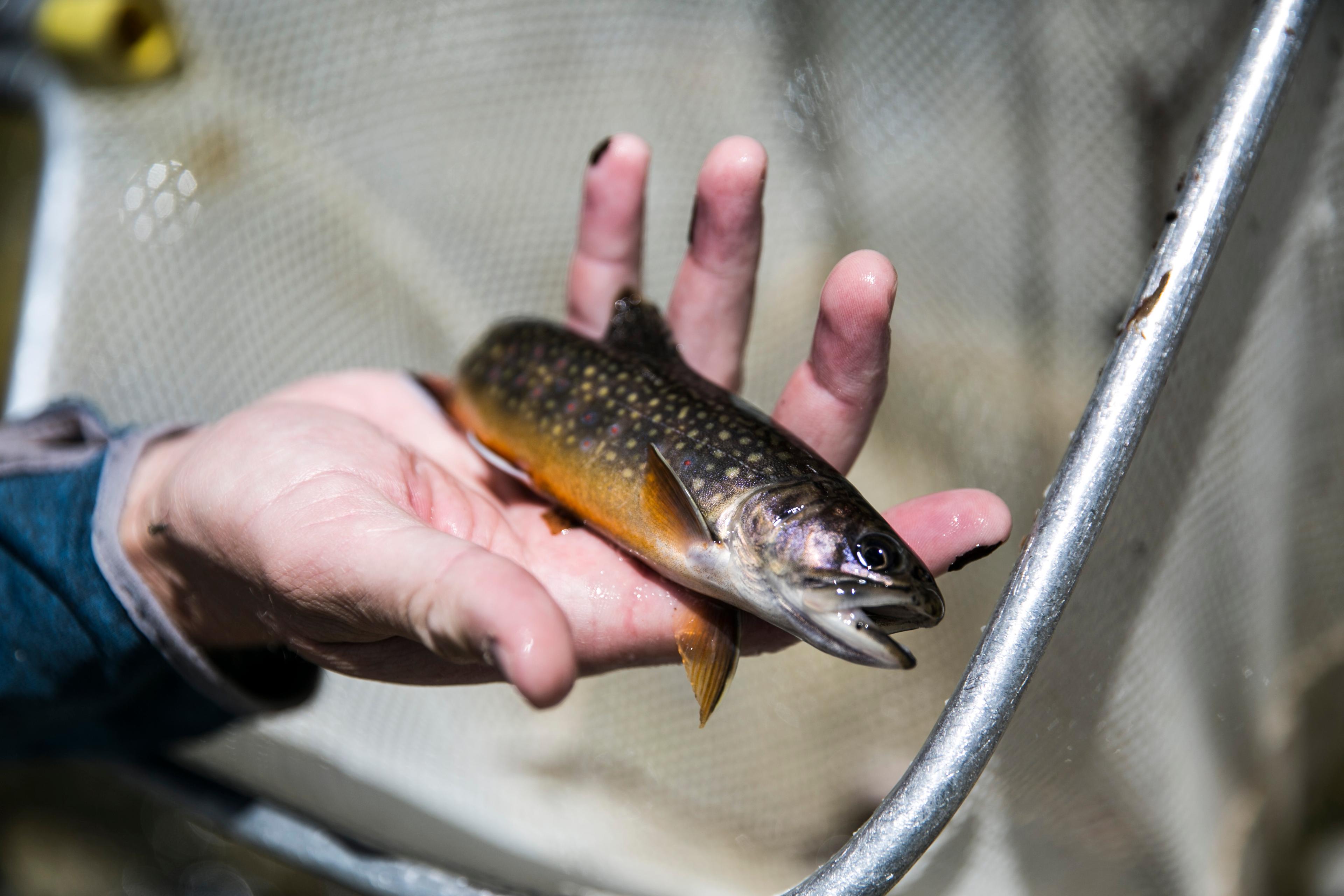
Revenue from hunting and fishing licenses in Colorado rose nearly 20 percent last fiscal year, due in large part to recent fee increases.
In total, the state made $96,269,926 on the licenses from 2018 to 2019, according to Colorado Parks and Wildlife.
In 2018, state lawmakers passed the Hunting, Fishing and Parks for Future Generations Act, which paved the way for the CPW Commission to approve increases on license fees.
“That’s something we hadn’t been able to do because of state statute for quite a few years, and we were beginning to see a real backlog in our needs,” spokesman Travis Duncan said.
As part of the law, officials outlined 10 ways to use the new money.
“For instance, infrastructure and dam maintenance, making sure we have restroom facilities taken care of, all these things,” Duncan said.
The extra revenue will also help hire more employees and better protect wildlife.
Another reason for the bump in sales is a qualifying license that hunters must now buy in order to apply for a big game hunting license (think bear, elk and moose). The new system is modeled after those in other states, Duncan said.
In the past, hunters could enter drawings for a very limited number of big game licenses based only on what’s known as “preference points” that they accumulated.
“A lot of folks have that dream hunt that requires a certain number of preference points for them to really have a shot at drawing that license they want to get,” Duncan said. “So year after year, they just put in for that preference point, but did not actually purchase a hunting license.”
Qualifying licenses include small game licenses, combo licenses for fishing and small game, and spring turkey licenses. On top of their preference points, hunters must now also purchase one of those licenses to be eligible for drawings to earn a big game license. The odds of getting many of those tags are less than one percent.









